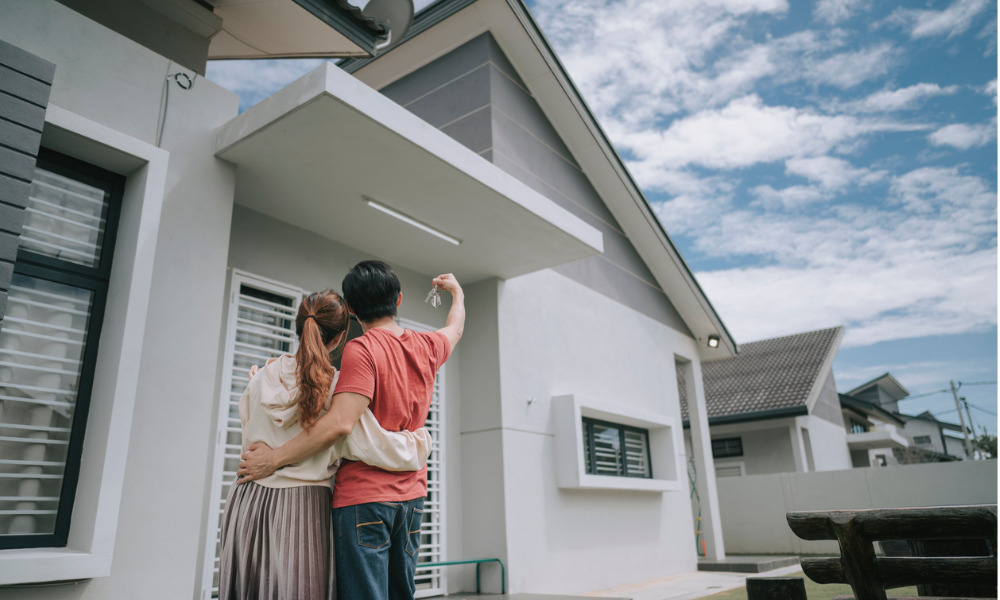Is there a plus for people trying to get into the housing market?

An increase in interest rates would put extra pressure on people trying to get into the housing market, the First Home Buyer’s Club has warned.
The warning comes after the Reserve Bank’s announce of another OCR hike to a six-year high of 2.5%, with further rises tipped to get inflation under control.
Read more: Interest rates are on the move again
But what does this mean for potential first-home buyers?
“Just because the official cash rate has increased, doesn’t necessarily mean that interest rates are going to move straight away but we do predict that interest rates will continue to climb up a little bit more – but they are still relatively low historically,” Lesley Harris, First Home Buyers’ Club director, told RNZ.
The banks were stress testing at 6.7% and 7.7%, and if the interest rates were to increase, Harris said people would have less money for things like food and transport.
Read next: RBNZ rate rise reaction – there’s more to come
The FHBC leader said it was really tough for first-home buyers to put together a mortgage deposit.
“It’s very difficult for first home buyers, certainly for people getting into the housing market, trying to face that deposit,” Harris told RNZ. “We’re hearing things like it’s around about 11.8 years for an average person to save for that deposit and a huge amount of first-home buyers are in fact relying on the bank of Mum and Dad – which we now know is the fifth biggest lender in New Zealand, even ahead of Kiwibank. Which is great for those that have access to a bank of Mum and Dad, but unfortunately not everybody has.”
Harris noted a huge disparity between people’s incomes and what they could afford to borrow versus what they needed to get a mortgage.
There were also some banks that were rejecting people who had high deposits gifted from parents.
“We saw one recently, parents chipped in the full deposit and the children had, it was about a $300,000 income,” Harris told RNZ. “They were declined on the basis that they couldn’t demonstrate that they had saved a good portion of that deposit.”
New data revealed a further slowdown in home price growth, with fewer houses being sold and taking longer to sell. Property sales were down 38% compared to a year ago, and down 43% in Auckland.
Harris said one of the positives of the current market for first-home buyers was that there were far less properties going to auction.
“The clearance rate is a lot lower than what it used to be, say a year ago,” he told RNZ. “So, with a fixed price, or by negotiation, a first-home buyer obviously doesn’t have another house to sell so often they can go and negotiate really hard and get a good deal. We want to cling to all the positives that we can – and that is definitely one.”



